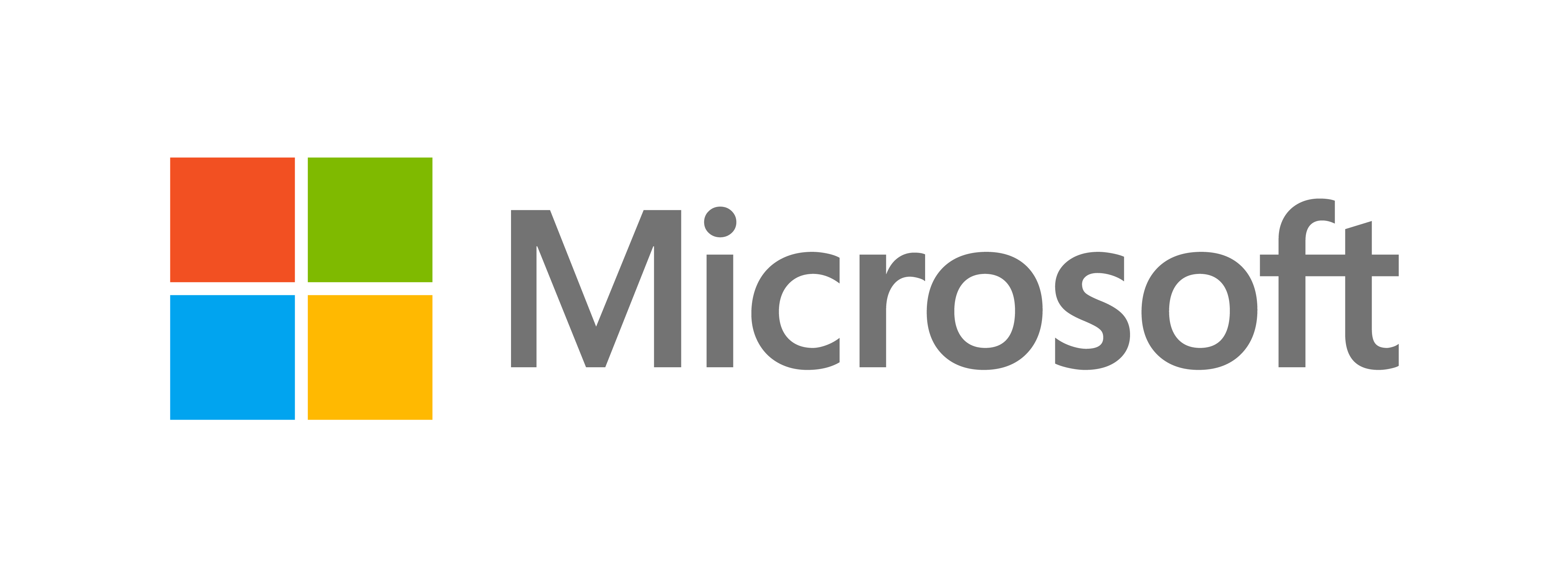AI is remaking daily life, but it can’t define what makes us human. The liberal arts help us probe ethics, meaning, and power as algorithms scale. At the University of Minnesota Twin Cities, that lens anchors curiosity with responsibility.
In the College of Liberal Arts, scholars are treating AI as both a tool and a textbook. They test its limits, trace its histories, and surface trade-offs around bias, authorship, and agency. Students learn to question design choices rather than just consume outputs.
Linguist Amanda Dalola, who directs the Language Center, experiments with AI as a language partner and reflective coach. Her aim isn’t replacement but augmentation, faster feedback, broader practice, richer cultural context. The point is discernment: when to use, when to refuse.
Statistician Galin Jones underscores the scaffolding beneath the hype. You cannot do AI without statistics, he tells students, so the School of Statistics emphasises inference, uncertainty, and validation. Graduates leave fluent in models, and in the limits of what models claim.
Composer Frederick Kennedy’s opera I am Alan Turing turns theory into performance. By staging Turing’s questions about machine thought and human identity, the work fuses history, sound design, and code. Across philosophy, music, and more, CLA frames AI as a human story first.
Would you like to learn more about AI, tech, and digital diplomacy? If so, ask our Diplo chatbot!










